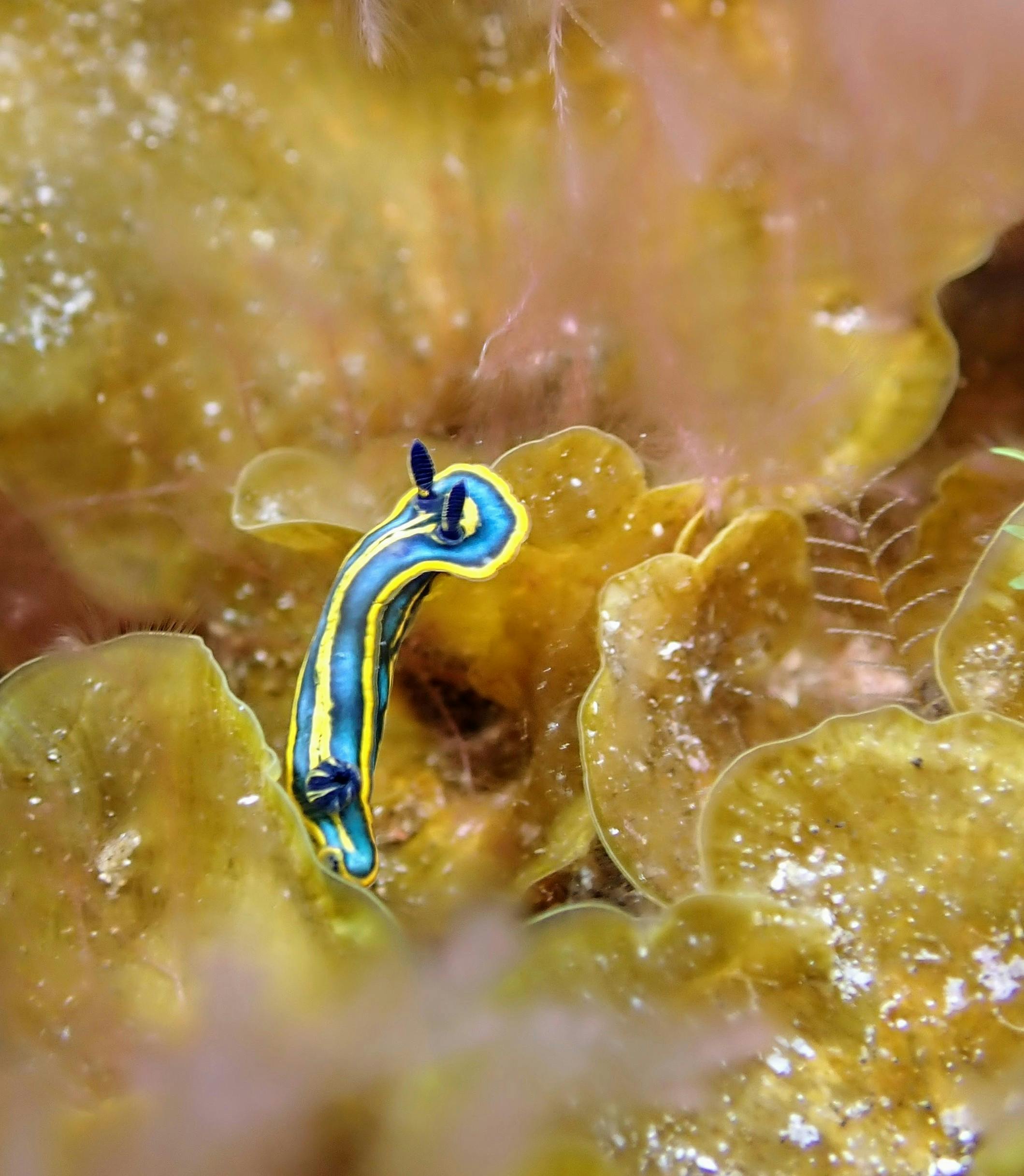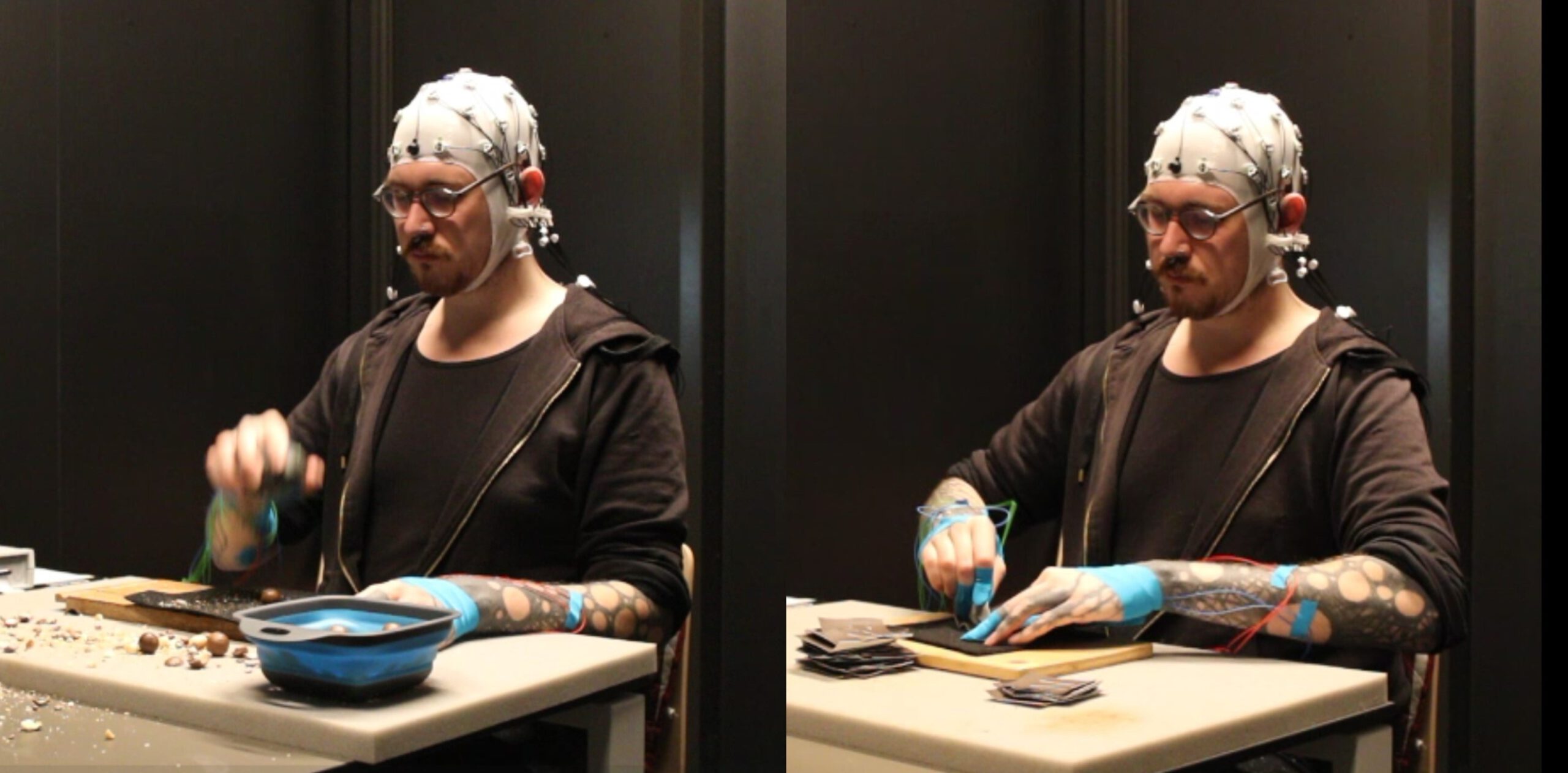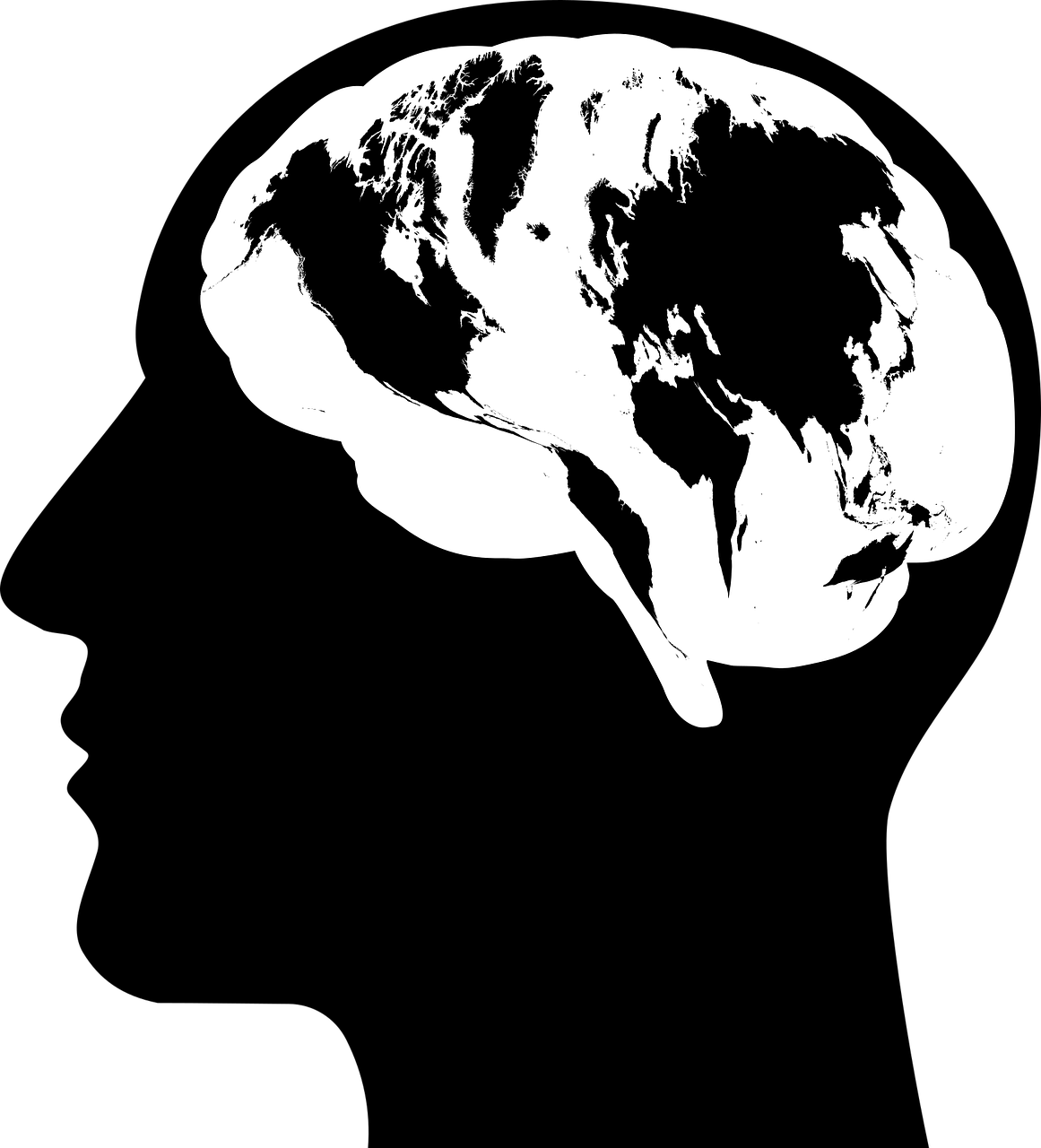Mindblown: a blog about philosophy. Communication. Technology. Humans. Fashion and Society.
Movement is an expression of non-verbal communication. Technological development and progress favour people moving less in the future. It therefore requires the free desire, will and drive of people to want to move. To find the motivation to do so.
We inform ourselves and give signals, we nourish ourselves, exercise and take shape. Form provides support and boundaries. In this we are free. Clothing is a medium. Those who move create awareness of form, create impact, shape space. Aesthetics is a great basic need.
That means:
– „Find the beauty in your heart, so that you can discover it in every heart“ – Rumi
Sports, fashion, smart textiles and thus also artificial intelligence, in their impact on the individual and their participation in education and society, as well as a means of expressing profound communication
-

Less stress, more balance Changed lifestyle de-stresses the immune system in Crohn’s disease
Crohn’s disease is a chronic inflammatory bowel disease in which immune cells are out of balance. Stress can exacerbate the symptoms and accelerate the course of the disease. A research team from the Faculty of Medicine at the University of Duisburg-Essen and the Bamberg Social Foundation recently showed that a multimodal programme of stress management…
-

How the evolution of the brain is linked to the use of tools
Research team from the Senckenberg Centre for Human Evolution and Palaeoenvironment at the University of Tübingen combines experimental archaeology with the recording of brain waves Tübingen, November 19, 2024 – Changes in the cerebrum may have enabled early humans to use tools with precision, thus initiating the biocultural evolution that led to the human species…
-

How our brain predicts the world
New study by Tübingen researchers shows how learning processes in the brain shape our perception. A research team led by Professor Dr Markus Siegel from the Hertie Institute for Clinical Brain Research at the University of Tübingen has discovered that our brain constantly optimises its own perception of the world by learning from past experiences…
-

A new look at aging
Research team at Freie Universität Berlin discovers surprising differences in ageing bacterial cells A research team at Freie Universität Berlin led by biologist Dr Ulrich Steiner has gained surprising insights into ageing in bacteria. In a new study, which has now been published in the renowned journal Science Advances, the team shows that even genetically…
-

More loneliness, less well-being – how women and men experience the end of a relationship
HU study shows: Separations are more stressful for married people than for unmarried people, men are less prone to separations than women Berlin, November, 12, 2024. Most people today experience one or more break-ups in the course of their lives. The end of a romantic relationship, whether it was marital or not, can have an…
-

Psychotherapy Looking fear in the eye
Phobias develop through learning processes, so they can also be unlearned. Psychologists in Bochum use various interventions to help sufferers overcome their fears. Bochum, November 12, 2024 – If you’re afraid of spiders, you’re in good company: arachnophobia is one of the most common phobias. The proven most successful remedy for this is exposure therapy:…
3D-Print 3D-Printer Ai altruism artificialIntelligence ArtificialNetworks Biology Body Brain Brand cautious circulareconomy Climate Communication Community cooperation Emotions evolution Fashion feelings Finance Healthy History Information Innovation Language learning Memory Motivation movement Muscle private productivity psychology reciprocity Religion SmartTextiles socialMedia Society sport Technology Therapie Thinking Transformation VR

